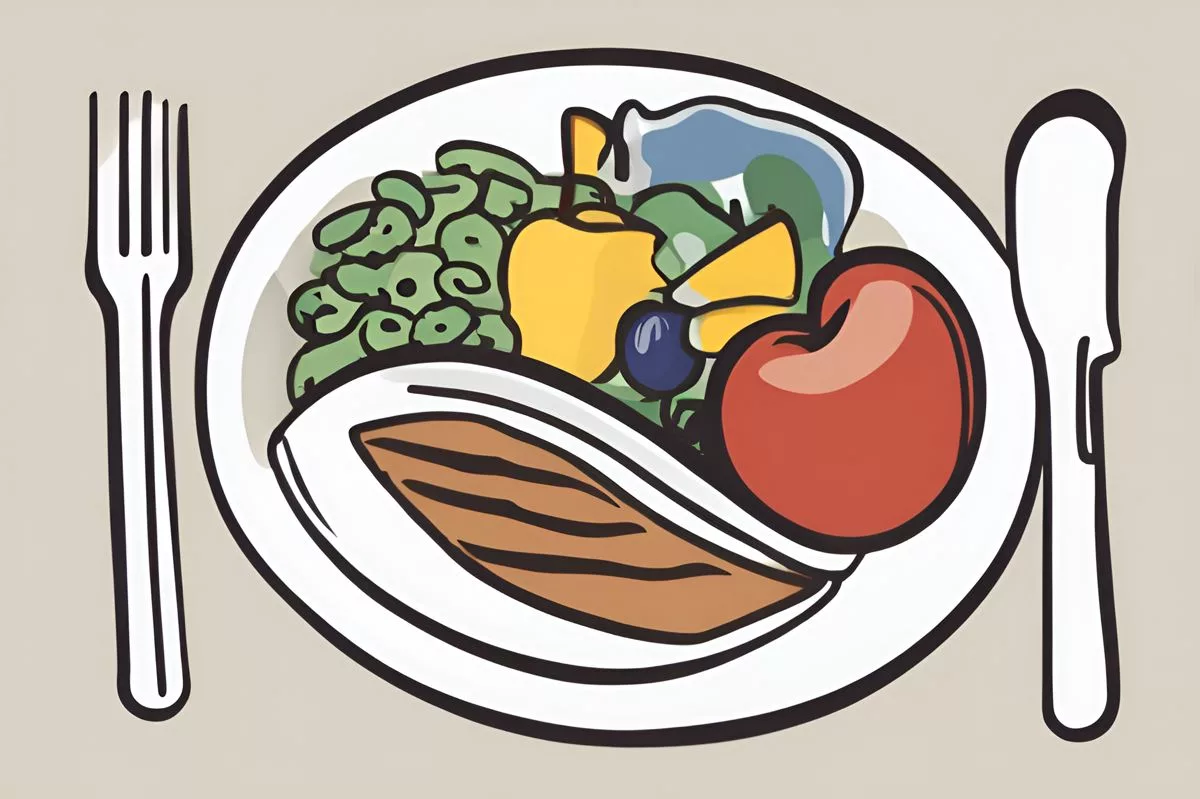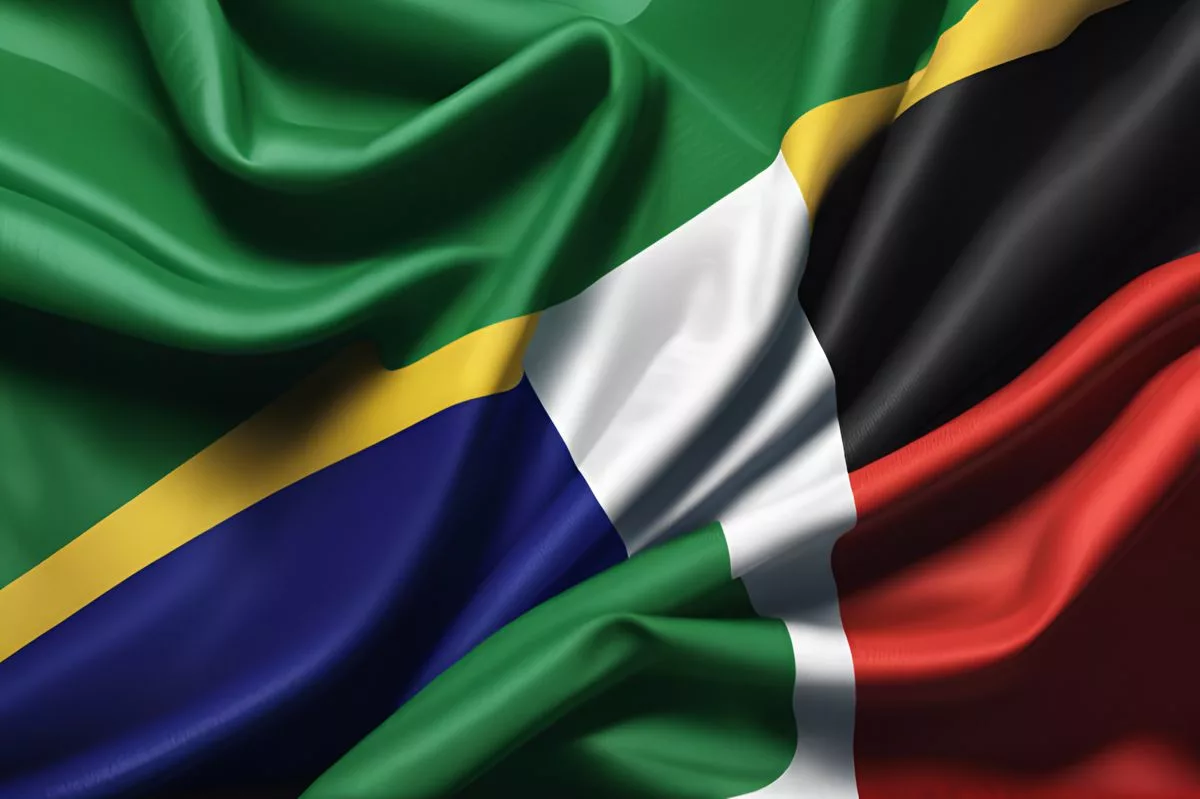The National School Nutrition Programme (NSNP) in South Africa is facing allegations of corruption and irregularities in the tender process. However, Mathanzima Mweli, Director-General of the Department of Basic Education, has defended the programme, stating that it was published transparently and legally to improve the quality and quantity of meals provided to underprivileged children and boost the economy. The NSNP is not just a feeding programme, but a modernisation endeavour that has been subjected to open and transparent discussions with key educational bodies, with the aim of creating over 30,000 jobs.
Uncertainty surrounds South Africa’s National School Nutrition Programme (NSNP), with allegations of corruption and irregularities in the tender process. However, Mathanzima Mweli, Director-General of the Department of Basic Education, has defended the programme, stating that it was published transparently and legally, with the aim of improving the quality and quantity of meals provided to underprivileged children and boosting the economy. The NSNP is not just a feeding programme, but a modernisation endeavour that has been subjected to open and transparent discussions with key educational bodies.
The Eye of the Storm
In South Africa’s academic landscape, a recent uproar rages on, primarily focused on the National School Nutrition Programme (NSNP) run by the Department of Basic Education (DBE). The main controversy involves allegations of corruption and irregularities in the tender process, accusations fervently denied by the DBE.
Mathanzima Mweli, the Director-General and a prominent figure within the DBE, stepped forward to address these brewing discontent. His description suggests a system rooted firmly in transparency, with the department staunchly opposed to any form of corruption. The emerging narrative is a story of commitment to student welfare and the country’s economic development.
Debunking the Misinformation
The root of this controversy can be traced back to a Sunday Times article titled “Gwarube halts R10bn school food tender,” published on 18 August. Mweli labeled the text as rife with inaccuracies, fabrications, and untruths. The main contention was the insinuation that the NSNP tender was published “surreptitiously,” without appropriate ministerial oversight.
On the contrary, Mweli asserted that the tender was published on 22 July, after the new administration had assumed office. This statement is a direct rebuttal to the accusations, underlining the transparency of the department’s operations. The notion of underhandedly publishing the tender was hence decisively quashed.
More than A Feeding Program
The NSNP is not merely a feeding program. It is a modernisation endeavour initiated in July 2023. The path to modernisation, as per Mweli, involved a series of open and transparent discussions with several key educational bodies, including the Heads of Education Committee (HEDCOM) and the Council of Education Ministers (CEM).
Mweli firmly rejects the portrayal of the department scheming for “corrupt ends”. He refers to the records, consultations with National Treasury and Senior Counsel, as proof of the project’s legality and strategic intent. In Mweli’s words, the DBE is convinced that “the process it has initiated is lawful in every respect.”
The Core of the NSNP Initiative
The NSNP modernisation initiative’s essence, as explained by Mweli, is to utilise the state’s purchasing power to improve the quality and quantity of meals provided to students. This initiative is a drive to support underprivileged children, especially considering the heightened demand brought about by the COVID-19 pandemic.
Mweli also addressed concerns regarding the centralisation of the NSNP. The vision is not to create a monopoly but to incorporate small, medium, and micro-enterprises (SMMEs) and smallholder farmers. The objective is not just to feed children but also to boost the economy by creating over 30,000 jobs.
Standing Firm against Allegations
In the face of allegations and controversies, Mweli remains steadfast in defending the integrity of the NSNP and the DBE. His narrative serves as a testament to the department’s commitment to educational welfare and economic development. As he puts it, the spirit of the NSNP is not just about providing food, but also about promoting growth and prosperity in a transparent and lawful manner.
What is the National School Nutrition Programme (NSNP) in South Africa?
The National School Nutrition Programme (NSNP) in South Africa is a feeding program that aims to improve the quality and quantity of meals provided to underprivileged children and boost the economy. It is also a modernisation endeavour that has been subjected to open and transparent discussions with key educational bodies.
What are the allegations of corruption and irregularities in the tender process surrounding the NSNP?
The allegations of corruption and irregularities in the tender process surrounding the NSNP involve accusations of the tender being published “surreptitiously,” without appropriate ministerial oversight. However, the Director-General of the Department of Basic Education denies these allegations and asserts that the tender was published transparently and legally.
How does the DBE defend the NSNP against allegations of corruption and irregularities in the tender process?
The DBE defends the NSNP against allegations of corruption and irregularities in the tender process by emphasizing its transparency and legality. The Director-General of the department has cited records, consultations with National Treasury and Senior Counsel, and open discussions with key educational bodies as evidence of the program’s strategic intent and lawful nature.
Is the NSNP only a feeding program?
No, the NSNP is not only a feeding program. It is also a modernisation endeavour that aims to support underprivileged children and boost the economy by creating over 30,000 jobs. The program seeks to incorporate small, medium, and micro-enterprises (SMMEs) and smallholder farmers to achieve this objective.
What is the essence of the NSNP modernisation initiative?
The essence of the NSNP modernisation initiative is to utilise the state’s purchasing power to improve the quality and quantity of meals provided to students, especially underprivileged children. The initiative seeks to promote growth and prosperity in a transparent and lawful manner.
What is Mathanzima Mweli’s role in the NSNP controversy?
Mathanzima Mweli is the Director-General of the Department of Basic Education and a prominent figure within the DBE. He has defended the NSNP against allegations of corruption and irregularities in the tender process, emphasizing its transparency and legality. Mweli’s narrative serves as a testament to the department’s commitment to educational welfare and economic development.












